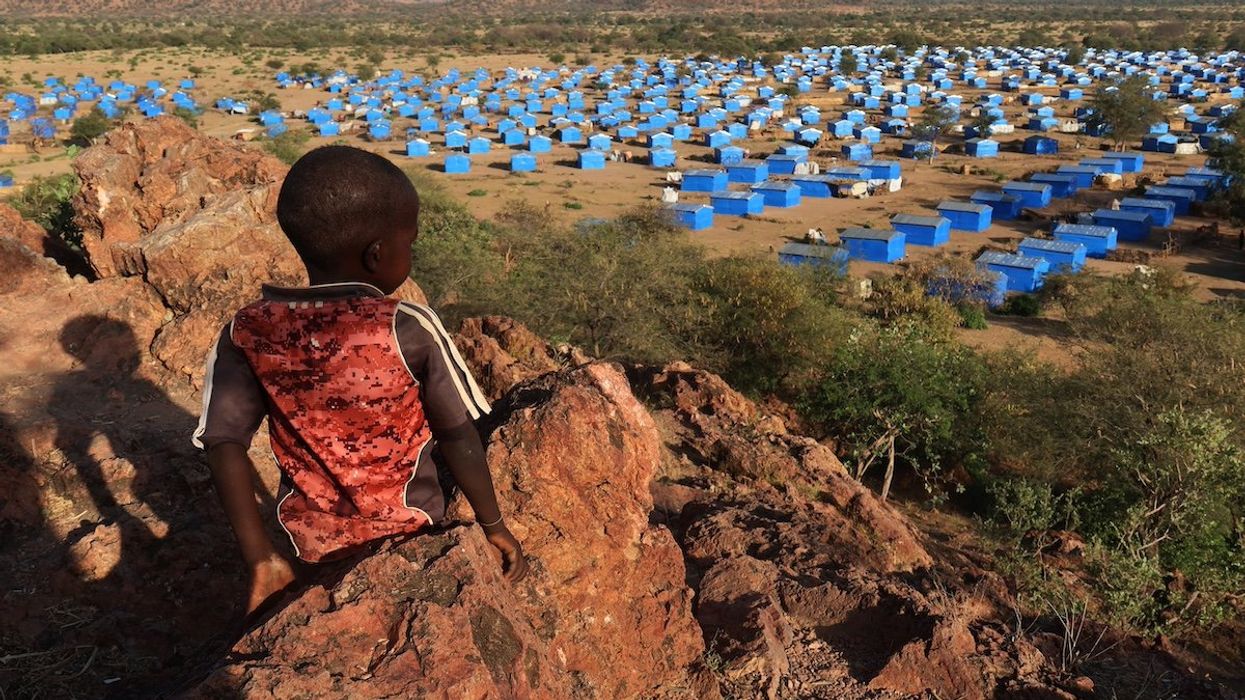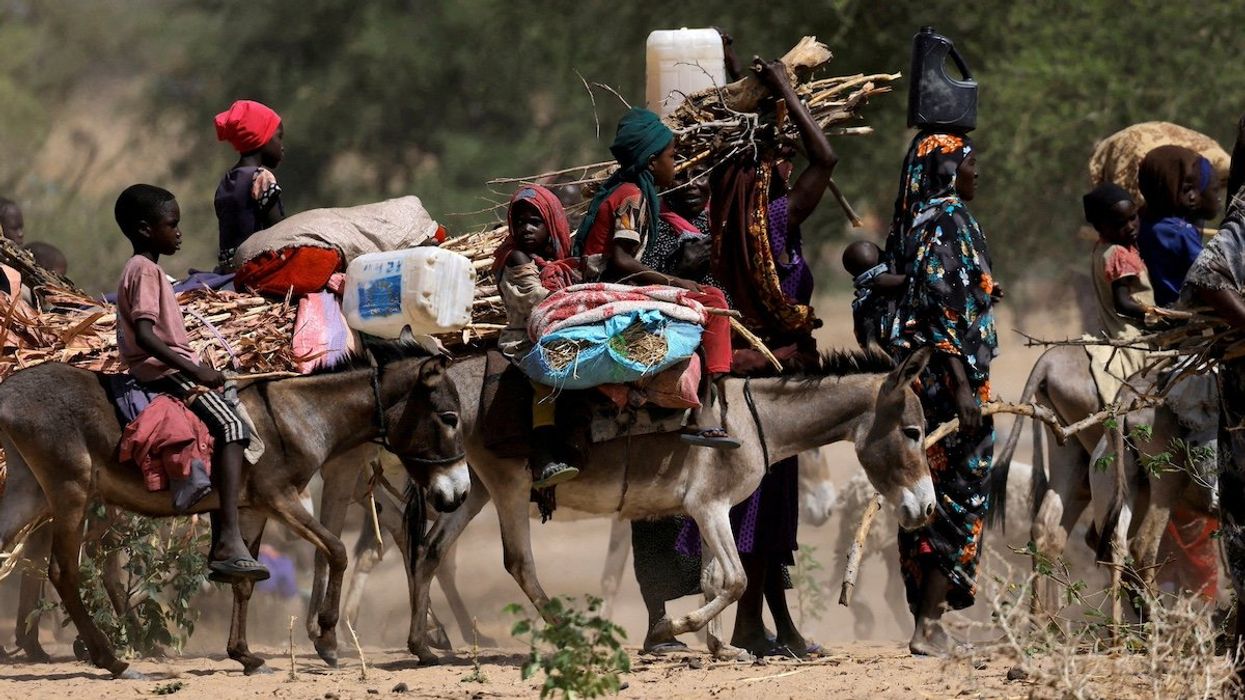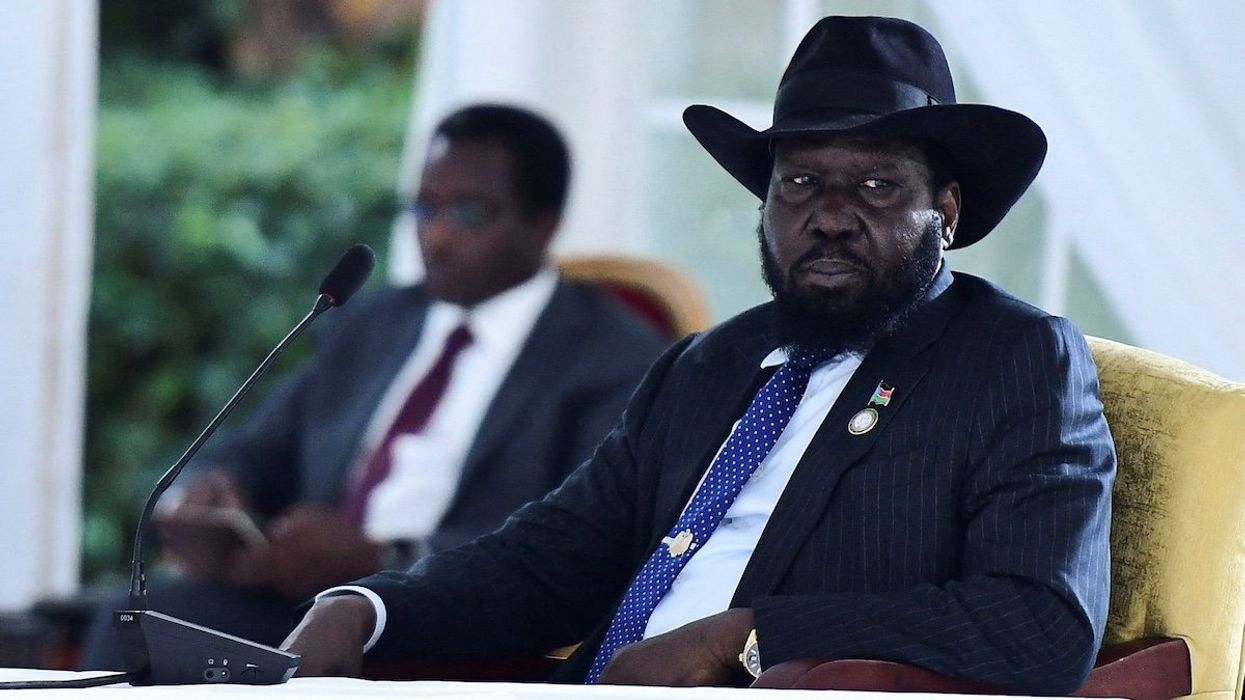News
A milestone moment in Sudan’s civil war?
Sudan’s Armed Forces may be headed for a milestone after nearly two years of war with the paramilitary Rapid Support Forces, or RSF. General Abdel Fattah al-Burhan’s forces appear to be closing in on Khartoum, the country’s capital, advancing to within just two kilometers of the country’s presidential palace.
Feb 11, 2025




